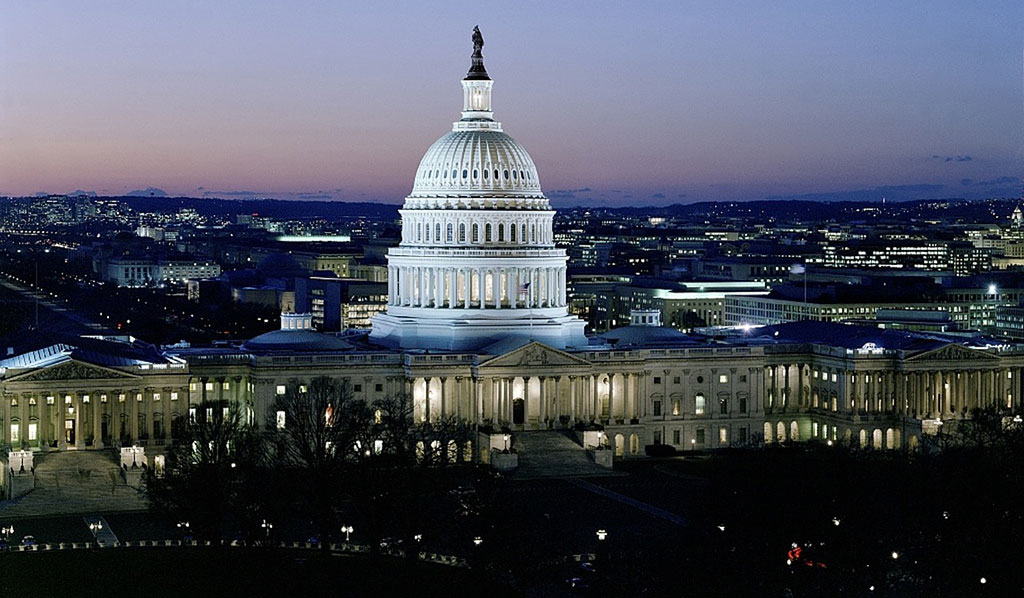US Congress is making a push to 'save the internet' with bill restoring net neutrality
The war over net neutrality rules is still being fought.

The FCC led by former Verizon attorney and current chairman Ajit Pai was successful in dismantling net neutrality rules that were imposed under the previous administration, but it's far from a done deal. In an attempt to restore those rules, members of Congress are introducing a bill to reinstate those rules.
Called the "Save the Internet Act of 2019" (PDF), the bill is largely a push by Democratic members of the House and Senate, in what has become a partisan issue. As with before, the bill would establish Title II authority for the FCC to enforce certain rules on internet service providers (ISPs) and wireless telecoms, The Verge reports. Title II refers to a section of the Communications Act of 1934. By classifying ISPs as "common carriers," the FCC can enforce net neutrality rules, if and when they exist.
Right now they do not. The FCC voted 3-2 on a measure called Restoring Internet Freedom, essentially erasing the previous Open Internet Order, which referred to a set of net neutrality rules. Now we have the Save The Internet Act, as lawmakers attempt to combine clever verbiage to what really boils down to one of the two things—impose net neutrality rules (Save the Internet Act) or allow ISPs to largely govern themselves (Restoring Internet Freedom).
Here’s the Save The Internet Act of 2019 that nearly every Senate Democrat joined me in introducing today. 3 pages that will restore #NetNeutrality. Let’s pass it and make the internet free and open again. #SaveTheNet pic.twitter.com/BCYtcmcMe3March 6, 2019
The new bill is rather simple and short. It does not introduce a bunch of new language and legalese, and instead plainly attempts to restore the Open Internet Order. What that means is that if it clears all of the legal hurdles, net neutrality rules as they previously existed would be reinstated in exactly the same way.
Under the previous rules, ISPs were not allowed to speed up or throttle traffic to certain websites or create so called paid fast-lanes. ISPs were also prohibited from blocking access to legal content. In short, net neutrality is the concept of treating almost all internet traffic equally.
Opponents of net neutrality believe the increased regulation stifles innovation and discourages ISPs from investing in network upgrades. Proponents, meanwhile, fear that without net neutrality rules, ISPs are in a position to abuse their power and ultimately harm consumers with unfair practices.
Net neutrality has support from both sides of the aisle, but still has become largely a partisan issue. As such, the bill is unlikely to succeed. Republicans hold the majority in the Senate, and even if enough of them can be convinced to vote in favor of the measure, as Democratic leaders are hopeful, it would almost certainly be vetoed by President Trump, who put Pai in charge of the FCC.
Keep up to date with the most important stories and the best deals, as picked by the PC Gamer team.
For more on the topic, here's an article we wrote on what you need to know about net neutrality.
Paul has been playing PC games and raking his knuckles on computer hardware since the Commodore 64. He does not have any tattoos, but thinks it would be cool to get one that reads LOAD"*",8,1. In his off time, he rides motorcycles and wrestles alligators (only one of those is true).


